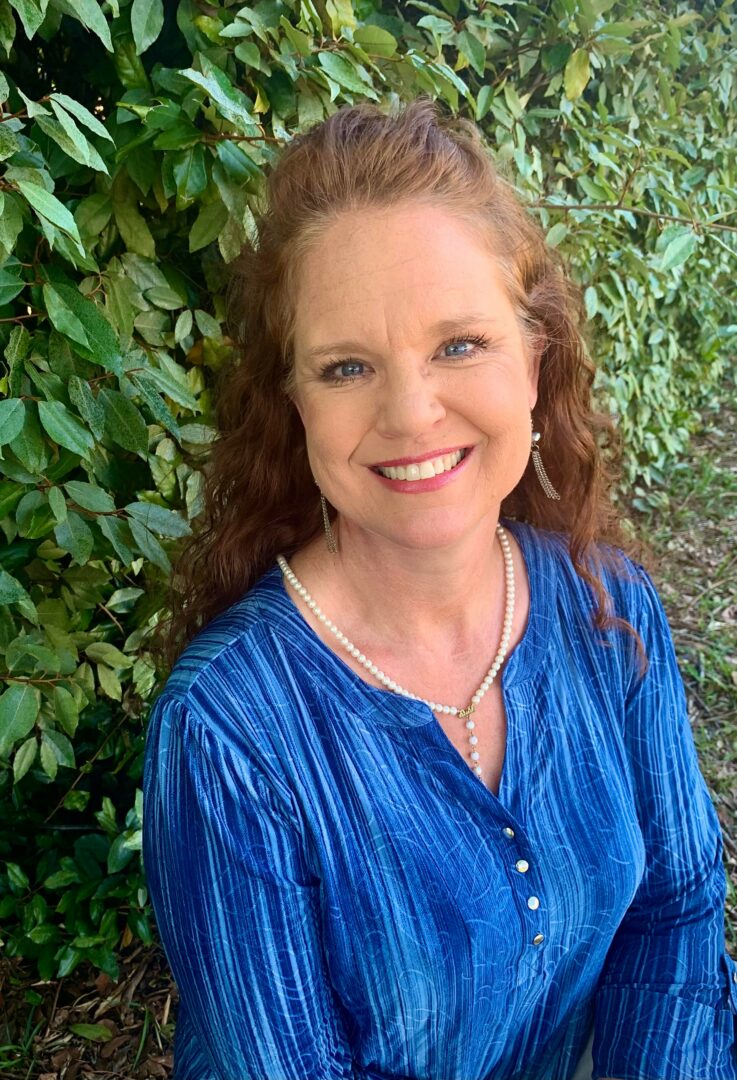Alright – so today we’ve got the honor of introducing you to Colleen Wenner. We think you’ll enjoy our conversation, we’ve shared it below.
Hi Colleen, appreciate you sitting with us today to share your wisdom with our readers. So, let’s start with resilience – where do you get your resilience from?
My resilience comes quite simply from my decision to always get back up when I fail.
That decision came from a deeply felt desire to succeed, and make life just a bit easier for someone else by sharing my story.
I also credit my ability to persevere despite downtrodden odds to my repeatedly tested yet unwavering faith in God
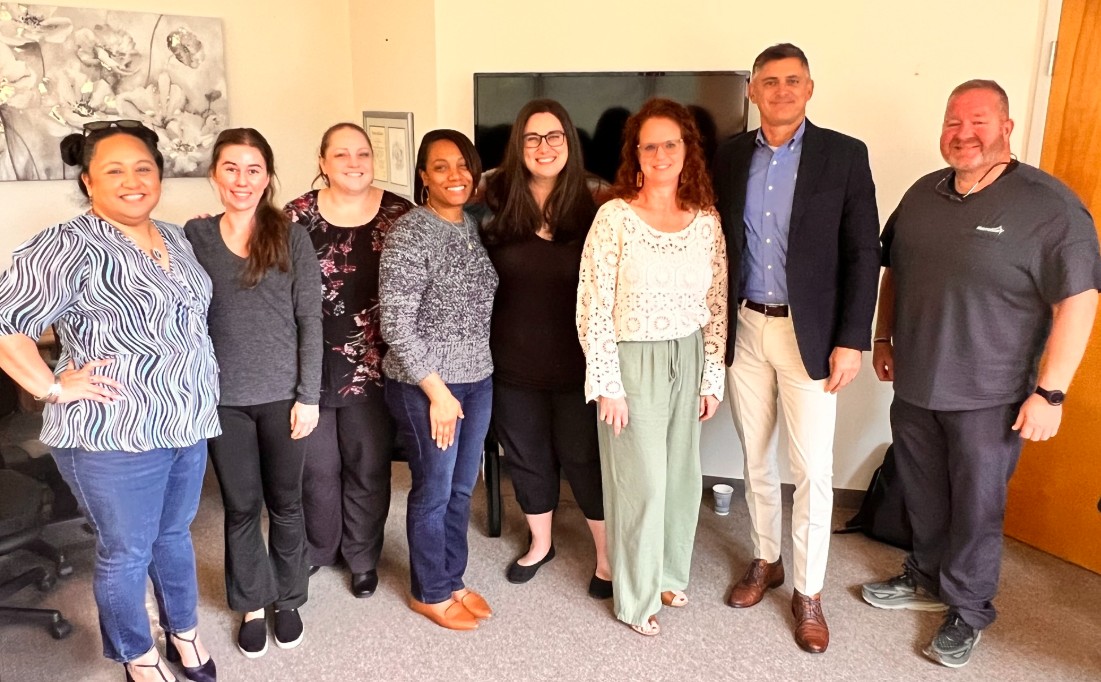
Thanks, so before we move on maybe you can share a bit more about yourself?
As the owner of a thriving mental health private practice, my mission extends beyond simply providing therapy—I am dedicated to shaping the next generation of highly skilled, compassionate, and trauma-informed clinicians. I take my role as a leader in the mental health community seriously, recognizing that the effectiveness of trauma treatment depends not only on knowledge but also on the ability to integrate that knowledge into meaningful, healing relationships with clients.
My passion for training and developing clinicians comes from my own early experiences in the field. When I first earned my master’s degree, I was thrown into the deep end. I was tasked with treating some of the most severely disturbed children—kids who had endured unimaginable trauma—but I had no real guidance, no direct supervision, and no one to turn to when I felt overwhelmed. I remember the fear of not knowing if I was truly helping or if I was making mistakes that could impact these children’s lives. I carried the weight of their trauma without the tools or support to manage it. That experience shaped me in ways I couldn’t have understood at the time, and it became the driving force behind my commitment to slow-rolling new clinicians into the practice of therapy. No therapist should have to navigate this field without a strong foundation, and no client should receive care from a clinician who is struggling to stay afloat.
That’s why I’ve built a teaching model that nurtures therapists at all levels of experience, from newly licensed clinicians to seasoned professionals seeking to refine their skills. My practice is a place where clinicians can learn, grow, and gain the confidence they need to guide clients through the complexities of trauma recovery. This commitment to clinician development is rooted in my belief that those who treat trauma must be well-supported themselves—mentally, emotionally, and professionally.
Our approach is threefold. First, we provide an immersive learning environment where clinicians gain specialized training in trauma treatment, allowing them to develop the expertise required to facilitate deep healing. Second, we openly address the reality of secondary trauma, ensuring that our therapists recognize and process the emotional weight that comes with this work. Lastly, we acknowledge and actively address workplace trauma. Every clinician brings their own history of professional experiences—both positive and negative—into our practice. We strive to create a corrective environment where therapists can unpack their past workplace wounds, receive fair and constructive feedback, and build resilience in a setting that prioritizes both personal and professional growth.
But my dream extends even further. I envision launching a post-graduate professional development program designed for new graduates of social work and mental health counseling programs. This initiative will provide a structured, hands-on learning experience that bridges the gap between academic training and real-world clinical work. Through layered, competency-based training, mentorship, and supervised practice, new clinicians will refine their skills while engaging in meaningful community outreach. By participating in events that promote mental health awareness and reduce stigma, they will not only strengthen their own confidence as providers but also contribute to a broader cultural shift in how mental health care is perceived and accessed.
This vision is more than a professional ambition—it is a calling. I know what it feels like to be a new therapist without support, and I never want another clinician to experience that. I believe that by investing in clinicians, we create a ripple effect—one that leads to better therapy, deeper healing, and a stronger, more compassionate mental health community. That is my vision, and every day, I am working to bring it to life.
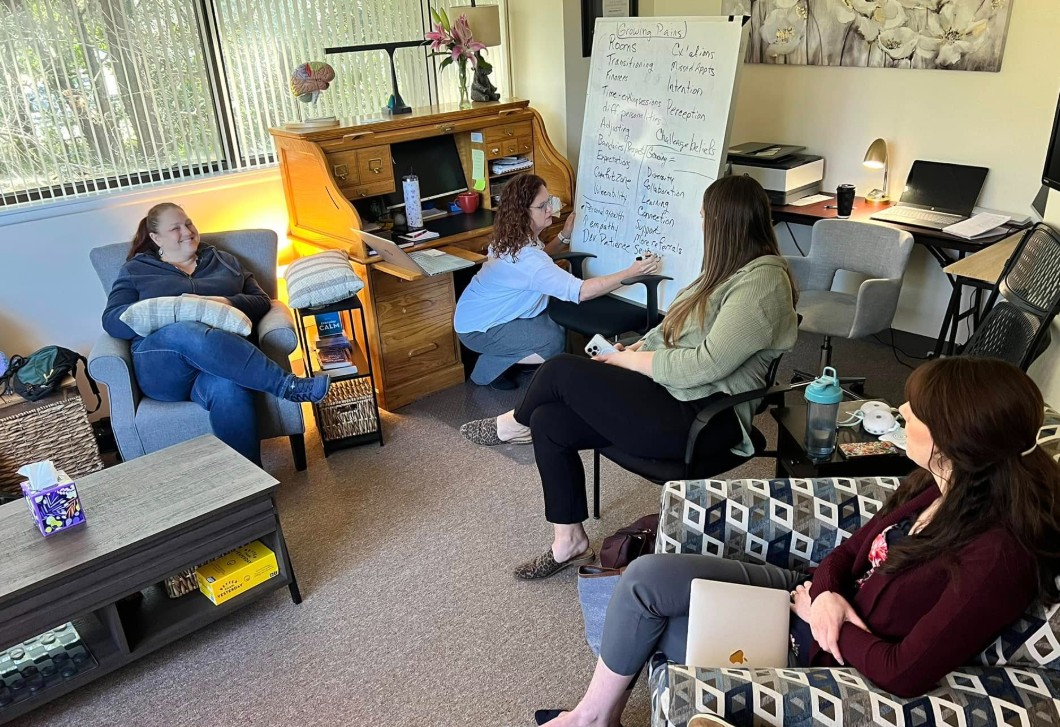
There is so much advice out there about all the different skills and qualities folks need to develop in order to succeed in today’s highly competitive environment and often it can feel overwhelming. So, if we had to break it down to just the three that matter most, which three skills or qualities would you focus on?
Here’s a version with added depth and warmth:
—
Three qualities kept me from giving up during those early years when I had little to no supervision. First, my voracious appetite for learning—I refused to let a lack of guidance stop me from seeking out the knowledge I needed to help my clients. Second, my deep-rooted desire to see the best in every person I encountered—I couldn’t accept simply going through the motions; I wanted to truly make a difference. And third, my love for witnessing even the smallest positive shifts in people’s lives—whether it was a moment of clarity, a sigh of relief, or a spark of hope, those moments fueled me and reminded me why I chose this path.
For the first 15 years of my career, I worked closely with families struggling with drug and alcohol challenges, meeting them where they were—literally, in their homes. Each visit expanded my understanding of addiction, resilience, and the intricate ways trauma weaves itself into family systems. It was through these experiences that my passion for working with both clients and clinicians deepened. I saw firsthand how vital support is—not just for those seeking therapy but for the therapists themselves.
If I could give one piece of advice to those just beginning their journey as clinicians, it would be this: **Find a mentor.** Someone who can walk alongside you as you navigate the hard, early stages of professional identity development. The work we do is too important, too complex, and too heavy to carry alone. Having the right guide can make all the difference—not just in how you grow as a clinician, but in how you sustain your passion and purpose for years to come.
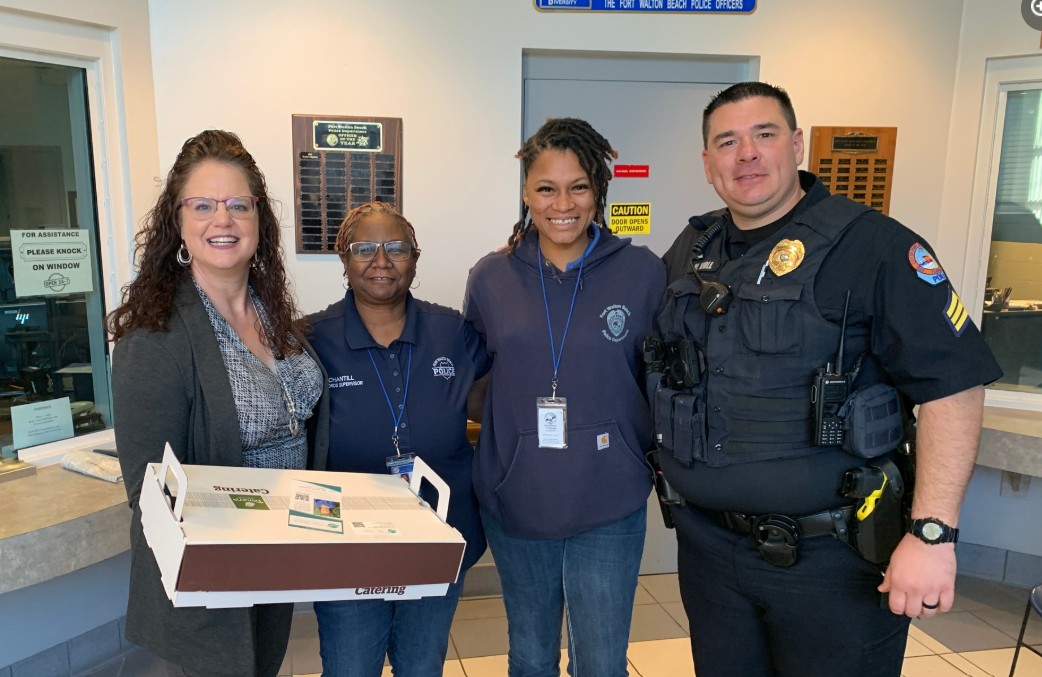
One of our goals is to help like-minded folks with similar goals connect and so before we go we want to ask if you are looking to partner or collab with others – and if so, what would make the ideal collaborator or partner?
I’m seeking collaboration with two types of individuals. Those who want to be part of the leadership of the development of a Post Masters Residency Program and clinicians who would like this depth of experience to broaden and deepen their ability and fulfill their purpose in helping others heal from trauma.
Contact Info:
- Website: https://www.florida-counseling.com
- Instagram: https://www.instagram.com/newheights_counseling/
- Facebook: https://www.facebook.com/NHCCounseling/
- Linkedin: https://www.linkedin.com/in/newheightscounseling/
- Twitter: https://twitter.com/new_counseling
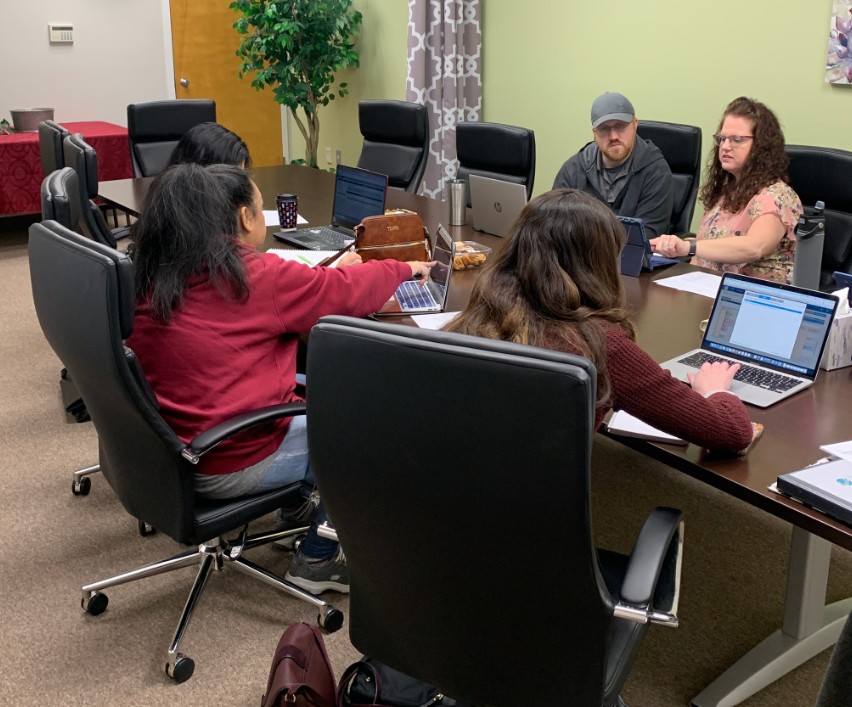
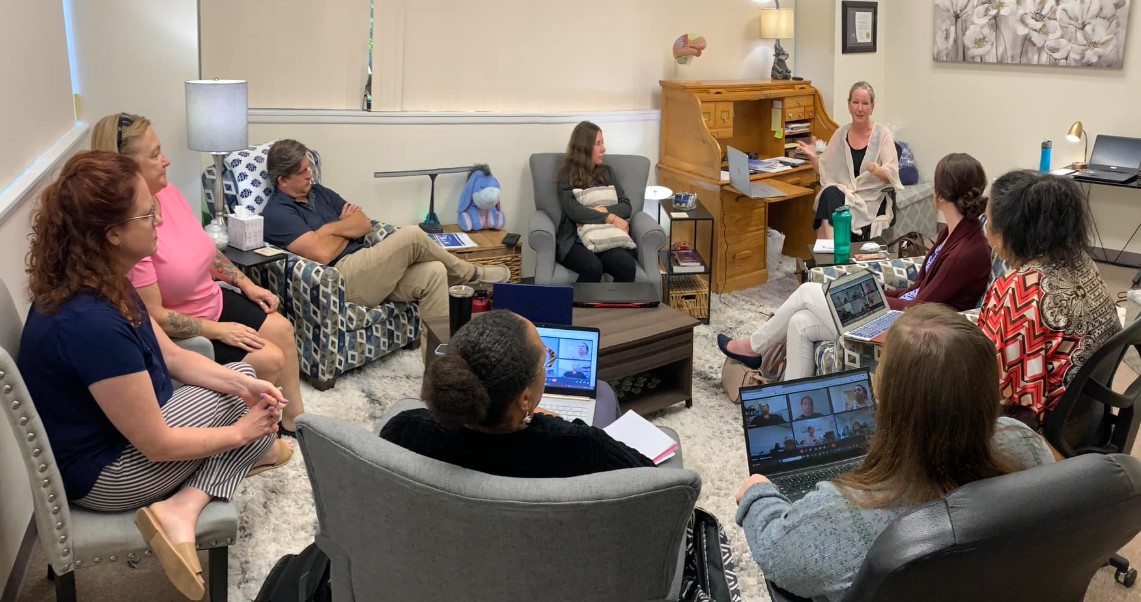
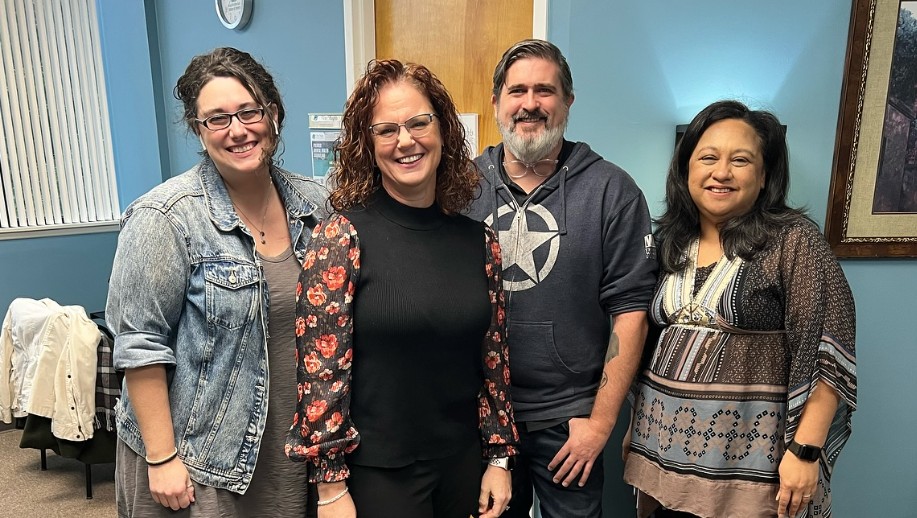
Image Credits
All pictures were taken by my CFO and husband;-)
so if you or someone you know deserves recognition please let us know here.

